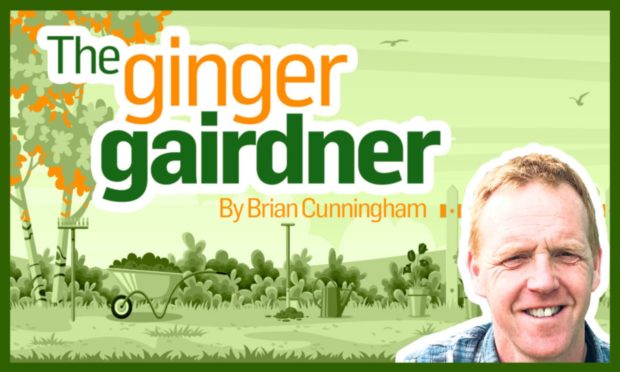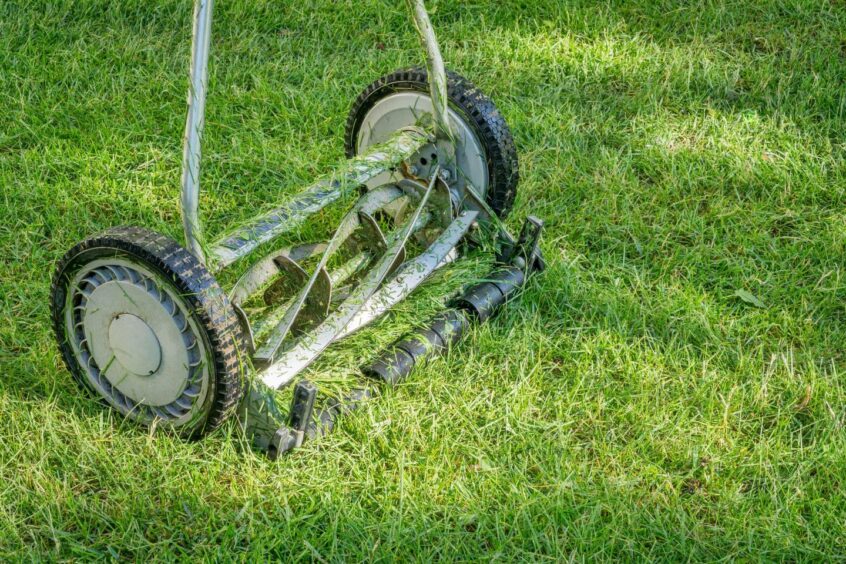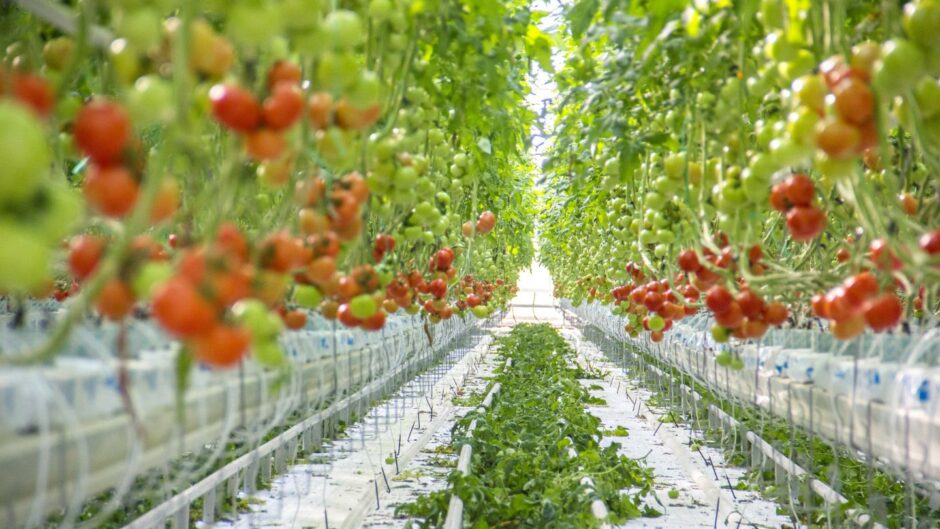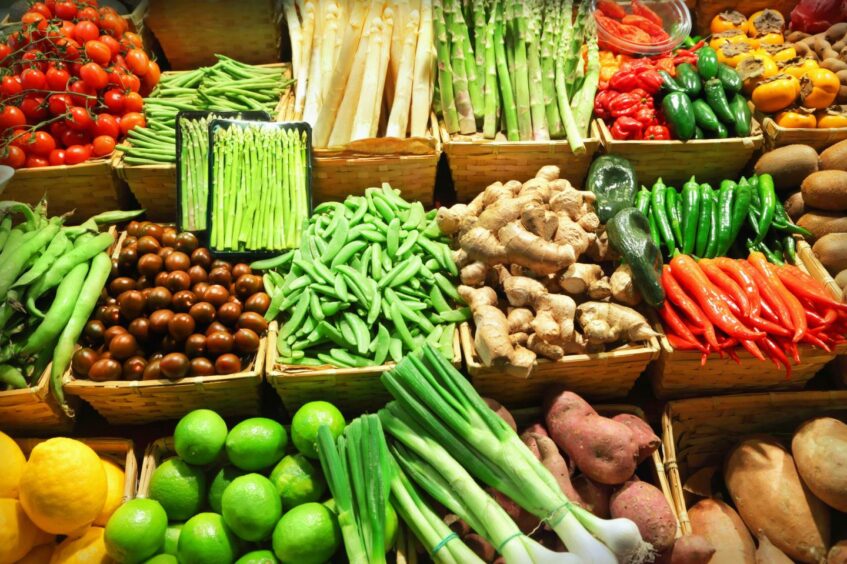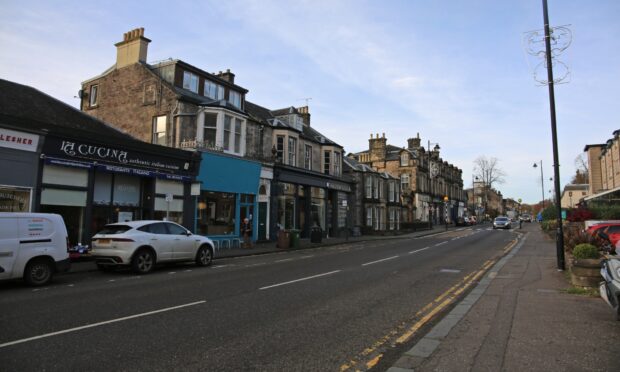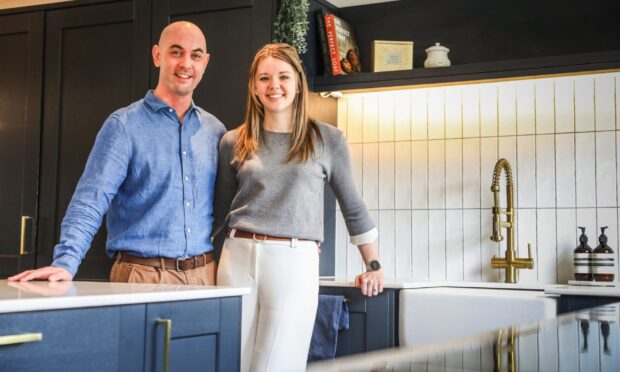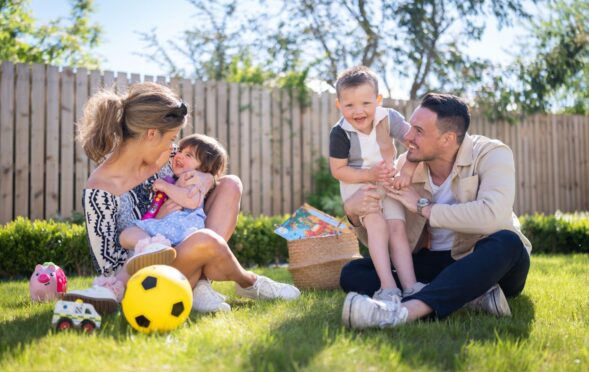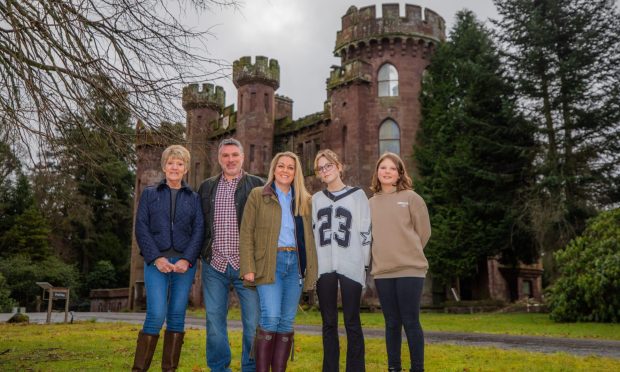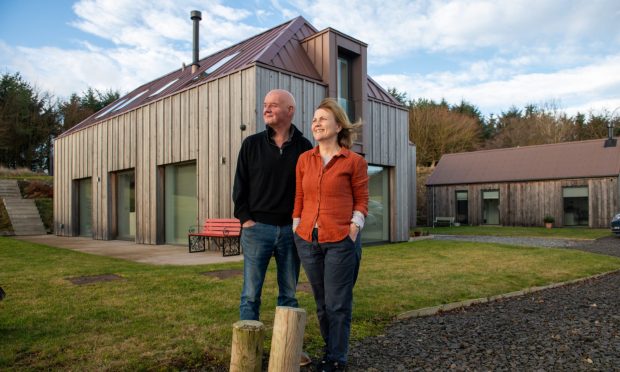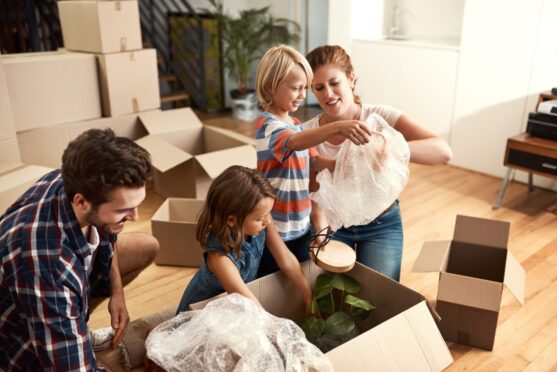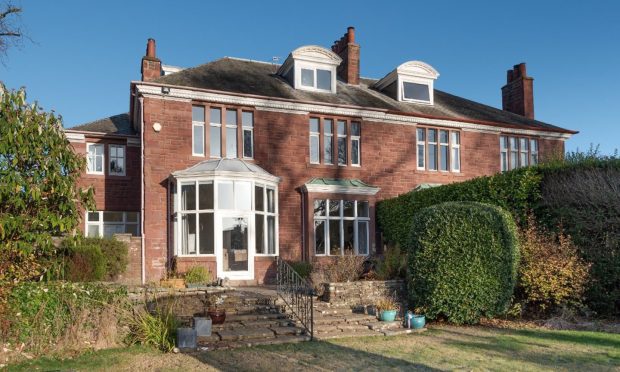Tomorrow sees the start of the United Nations Climate Change Conference in Glasgow, the 26th meeting of the countries that signed the initial Framework Convention back in 1994.
Barack Obama said “we are the first generation to feel the impact of climate change and the last generation who can do something about it”.
As we humans slowly realise we cannot continue to have a one-way relationship with the planet we live on, I believe us gardeners can more than play our part.
In fact I’ll go as far to say that we can lead the way!
It makes sense to live sustainably
I always try to accept there are two sides to every story, numerous points of view sometimes.
The subject of climate change is a good example, where some see global warming as a result of what we are doing whilst others simply putting this down to a natural process.
I’m not clever enough to work out who is right or wrong here here but actually, I don’t think it really matters.
Surely it just makes sense to stop producing and using single-use items and to live in a more sustainable way, using the Earth’s natural resources to meet our needs, but without affecting the ability of future generations to meet theirs.
Simple changes in the garden
At the start of the year, I set myself the challenge to garden more sustainably.
I liked to think that I was doing so anyway but I knew once I looked further into it I would find there was far more that I could do and still can do.
A couple of years ago I chose to move away from a petrol lawnmower and picked myself up a good old fashioned push mower.
This avoided the use of fuel, which is only getting more and more expensive, and given the numerous components required to run the petrol machine, I now avoid costly winter services.
It’s worth the effort
Also pleasing to me is I’m not using up a natural resource to run the engine or polluting the atmosphere when doing so.
Don’t get wrong there are times after a day’s work the thought of having to use my own effort to get the grass cut is the last thing I want to do.
But when I’m finished, I always fell like I’ve had a nice bit of exercise and of course appreciate even more so that well-earned, cup of tea…
No need for fertilisers
When you prepare the soil suitably before planting, I see no reason whatsoever to apply fertilisers.
All these do are give quick, short term boosts to the plant, providing no long-term benefits to the health of the soil other than what an annual application of composts and manures would do for the veg plot or borders, by mulching every spring.
I’m lucky I have the room to create my own compost from all my garden and kitchen waste but I still have to buy in the odd bag or two.
There is still the peat issue
To save from going to landfill I can reuse the bag for growing plants or crops in, but there’s still a lot of work to do finding a suitable replacement to the extraction of peat that is used to make up container mixes.
One of the current solutions is through the use of coir, the fibrous waste product from coconut, which also has similar water holding capacity but comes all the way from Sri Lanka to the compost makers over here – from the other side of the world!
Surely both are as bad as each other?
Recently I’ve been looking into hydroponics and vertical growing towers, modern indoor farming systems able to make pesticide free salad crops in days rather than weeks, all year round.
Powered through solar energy and irrigated through rainwater it will be interesting to see where this technology takes us in the coming years.
What really excites me though is the amount of small and independent organic market farms that are around these days, allowing us the opportunity to buy from and also pick ourselves freshly grown herbs, veg, fruit and cut flowers from right on our doorstep.
Although highly satisfying, it can be tough going for owners and workers alike, and I encourage you where you can to support, use and visit them.
Besides, quite often they have wonderful cafes with delicious cakes!
Rainwater is king
I know this sounds daft for us in Scotland but harvesting and using rainwater in the garden is another simple method to garden sustainably.
Your plants appreciate this more rather than the treated tap water, especially your ericaceous plants like Rhododendron or blueberries, though don’t use on any pots of seeds or seedlings in case it carries disease.
The benefits of this being we are reducing the amount or surface water heading into the drainage system, and less energy will be needed to make our top-quality drinking water if we are using less for plants.
Re-using pots and labels, making our own composts and more, there’s so much us gardeners can be doing to lead the sustainable drive to help our planet.
